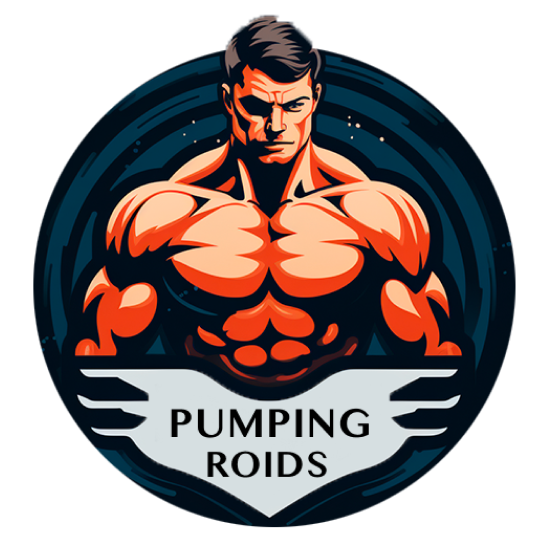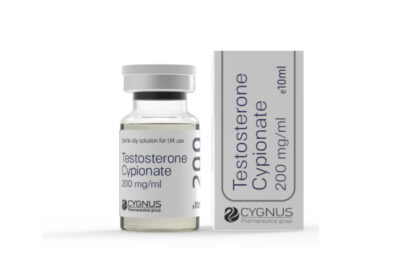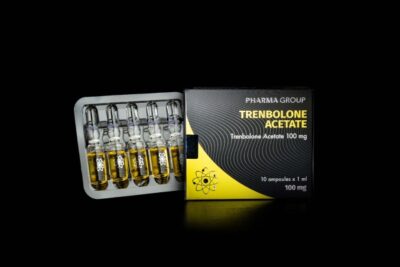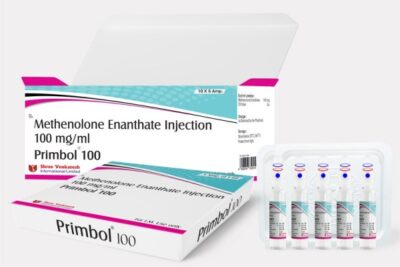Home / About Us
Protein Synthesis: What Is It?

In the world of fitness and bodybuilding, protein synthesis stands as a cornerstone concept that unlocks the mysteries of muscle growth and recovery. Understanding how your body builds protein can help you optimize your workouts, dietary choices, and overall approach to fitness. In this comprehensive guide, we delve into the intricacies of protein synthesis, its implications for muscle development, and practical tips to harness its power for your fitness journey.
On this page:
• What is Protein Synthesis?
• The Role of Amino Acids
• Exercise and Protein Synthesis
• Nutrition's Critical Role
• The Impact of Hormones
• Supplements for Protein Synthesis
• Training Strategies
• Optimizing Protein Intake
• The Anabolic Window: Myth or Reality?
• Conclusion
What is Protein Synthesis?
Protein synthesis is the biological process through which cells generate new proteins. These proteins are essential for various bodily functions, including the repair and growth of muscle tissues. The process begins with the transcription of DNA into mRNA, which then travels from the nucleus to the ribosomes in the cell cytoplasm, where it’s translated into a specific sequence of amino acids, forming a protein.
The Role of Amino Acids
Amino acids are the building blocks of proteins. They play a pivotal role in repairing muscle damage caused by intense exercise. The body requires a balance of essential (which must be obtained from the diet) and non-essential amino acids for optimal protein synthesis and muscle repair.
Exercise and Protein Synthesis
Physical activity, particularly resistance training, significantly enhances the rate of protein synthesis, leading to muscle hypertrophy (growth). The mTOR pathway, a critical regulator of cell growth, is activated during exercise, promoting increased protein synthesis and muscle fiber growth.
Nutrition's Critical Role
Proper nutrition is crucial for maximizing protein synthesis. A diet rich in high-quality proteins (both animal and plant-based) ensures a steady supply of essential amino acids. Post-workout, the consumption of proteins and carbohydrates can further boost protein synthesis rates, contributing to better muscle recovery and growth.
The Impact of Hormones
Hormones such as testosterone and growth hormone also significantly affect protein synthesis. These anabolic hormones increase the body’s ability to build and repair muscle tissues, emphasizing the importance of maintaining a hormonal balance through proper diet, sleep, and lifestyle choices.
Supplements for Protein Synthesis
Certain supplements, including Branched-Chain Amino Acids (BCAAs) and whey protein, are popular among athletes and fitness enthusiasts for their potential to enhance protein synthesis and muscle recovery.
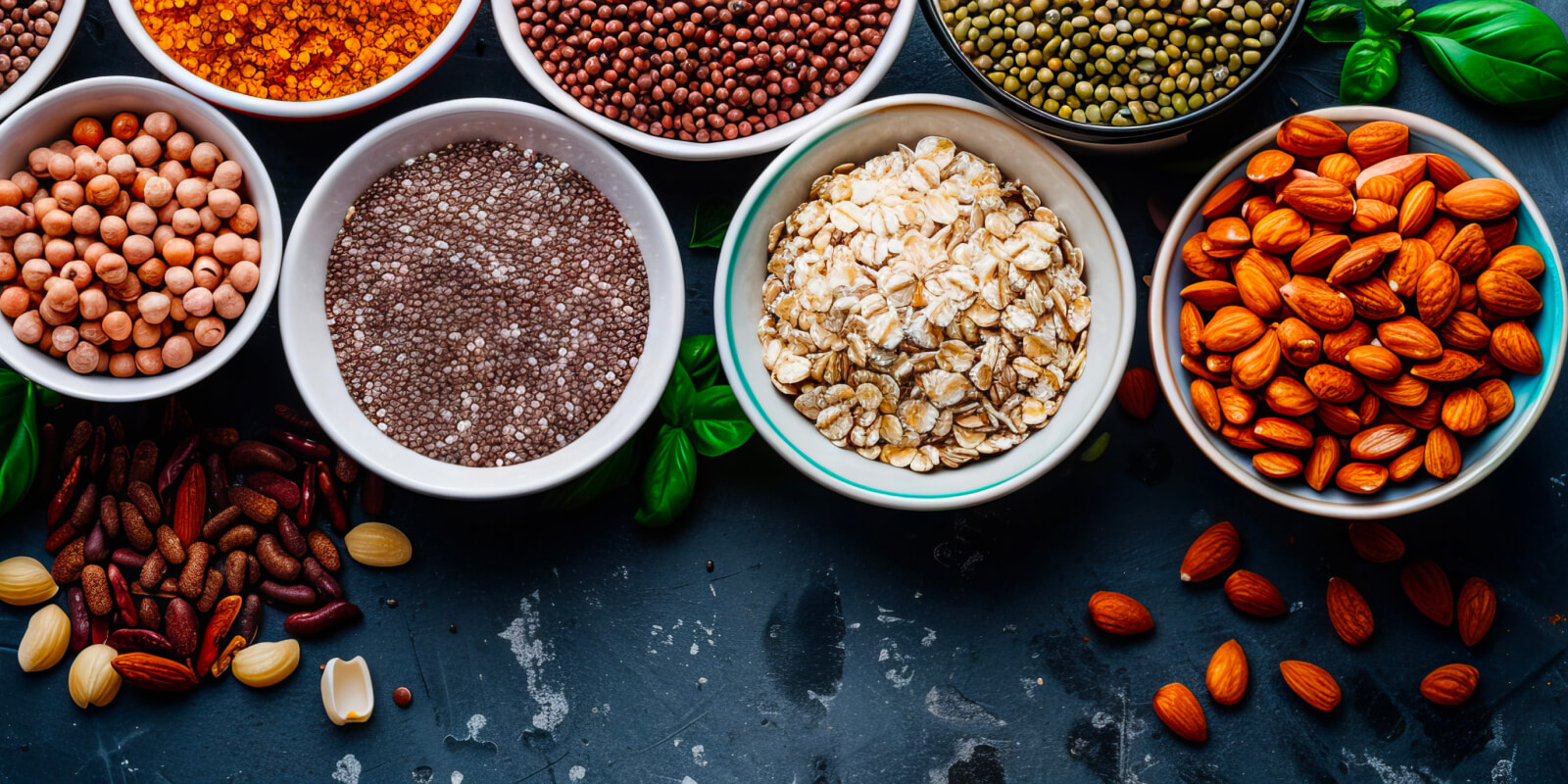
Training Strategies
Implementing resistance training techniques like periodization and supersets can further stimulate muscle growth through varied and progressive overload, thereby enhancing protein synthesis rates.
Optimizing Protein Intake
For those looking to gain muscle, consuming 1.6 to 2.2 grams of protein per kilogram of body weight daily is recommended. This optimal protein intake supports sustained protein synthesis and muscle repair.
The Anabolic Window: Myth or Reality?
The concept of the anabolic window suggests a limited time post-exercise when the body is particularly receptive to nutrients for recovery and growth. While timing can play a role, the overall daily intake of protein is more critical for muscle synthesis.
Conclusion
Protein synthesis is a complex but crucial process for muscle growth and recovery. By understanding its mechanisms and the factors that influence it, individuals can tailor their exercise routines, diet, and supplementation to maximize muscle gains and improve fitness. Remember, consistency in training, nutrition, and recovery strategies is key to unlocking the full potential of protein synthesis in your fitness journey.

